Acronym: ISO
Established: 1947
Address: Chemin de Blandonnet 8, 1214 Vernier, Geneva, Switzerland
Website: https://www.iso.org/iso/home.html
Stakeholder group: International and regional organisations
ISO is the International Organization for Standardization, the world’s largest developer of international standards. It consists of a global network of 170 national standards bodies – our members. Each member represents ISO in its country. The organisation brings together global experts to share knowledge and develop voluntary, consensus-based, market-relevant International Standards. It is best known for its catalogue of almost 25,000
standards spanning a wide range of sectors, including technology, food, and healthcare.
Digital activities
A large number of the international standards and related documents developed by ISO are related to information and communication technologies (ICTs), such as the Open Systems Interconnection (OSI) that was created in 1983 to establish a universal reference model for communication protocols. The organisation is also active in the field of emerging technologies including blockchain, the Internet of Things (IoT), and AI. The standards are developed by various technical committees dedicated to specific areas including information security, cybersecurity, privacy protection, AI, and intelligent transport systems.
Digital policy issues
Artificial intelligence
The joint technical committee of ISO and the International Electrotechnical Commission (IEC) for AI is known as ISO/IEC JTC1/SC 42 Artificial intelligence and is responsible for the development of standards in this area. To date, it has published 20 standards specifically pertaining to AI with 35 others in development. ISO/IEC 42001 is the flagship AI Management System Standard, which provides requirements for establishing, implementing, maintaining, and continually improving an AI management system within the context of an organisation. ISO/IEC TR 24028 provides an overview of trustworthiness in AI systems, detailing the associated threats and risks and addresses approaches on availability, resiliency, reliability, accuracy, safety, security, and privacy. The standards under development include those that cover concepts and terminology for AI (ISO/IEC 22989); bias in AI systems and AI-aided decision-making (ISO/IEC TR 24027); AI risk management (ISO/IEC 23894); a framework for AI systems using machine learning (ISO/IEC 23053); and the assessment of machine learning classification performance (ISO/IEC TS 4213). Up-to-date information on the technical committee (e.g. scope, programme of work, contact details) can be found on the committee page.
Cloud computing
ISO and IEC also have a joint committee for standards related to cloud computing which currently has 27 published standards and a further 5 in development. Of those published, two standards of note include ISO/IEC 19086-1, which provides an overview, foundational concepts, and definitions for a cloud computing service level agreement framework, and ISO/IEC 22123-3, which specifies the cloud computing reference architecture.Standards under development include those on health informatics (ISO/TR 21332); the audit of cloud services (ISO/IEC 22123-2); and data flow, categories, and use (ISO/IEC 19944 series). Up-to-date information on the technical committee (e.g. scope, programme of work, contact details) can be found on the committee page.
Internet of things
Recognising the ongoing developments in the field of IoT, ISO has a number of dedicated standards both published and in development, including those for intelligent transport systems (ISO 19079), future networks for IoT (ISO/IEC TR 29181 series), unique identification for IoT (ISO/IEC 29161), Internet of Media Things (ISO/IEC 23093-3), the trustworthiness of IoT (ISO/IEC 30149), and industrial IoT systems (ISO/IEC 30162). IoT security is addressed in standards such as ISO/IEC 27001 and ISO/IEC 27002, which provide a common language for governance, risk, and compliance issues related to information security. In addition, there are 26 standards under development, some of which provide a methodology for the trustworthiness of an IoT system or service (ISO/IEC 30147); a trustworthiness framework (ISO/IEC 30149); the requirements of an IoT data exchange platform for various IoT services (ISO/IEC 30161); and a real-time IoT framework (ISO/IEC 30165). Up-to-date information on the ISO and IEC joint technical committee for IoT (e.g. scope, programme of work, contact details) can be found on the committee page.
Telecommunication infrastructure
ISO’s standardisation work in the field of telecommunications infrastructure covers areas such as planning and installation of networks (e.g. ISO/IEC 14763-2), corporate telecommunication networks (e.g. ISO/IEC 17343), local and metropolitan area networks (e.g. ISO/IEC/IEEE 8802-A), private integrated telecommunications networks (e.g. ISO/IEC TR 14475), and wireless networks. Next-generation networks – packet-based public networks able to provide telecommunications services and use multiple quality-of-service-enabled transport technologies – are equally covered (e.g. ISO/IEC TR 26905). ISO also has standards for the so-called future networks, which are intended to provide futuristic capabilities and services beyond the limitations of current networks, including the internet. Up-to-date information on the joint ISO and IEC technical committee that develops these standards (e.g. scope, programme of work, contact details ) can be found on the committee page.
Blockchain
ISO has published 11 standards on blockchain and distributed ledger technologies: ISO/TR 23455 gives an overview of smart contracts in blockchain and distributed ledger technologies; ISO/TR 23244 tackles privacy and personally identifiable information protection; and ISO 22739 covers fundamental blockchain terminology respectively. ISO also has a further eight standards on blockchain in development. These include those related to: security management of digital asset custodians (ISO/TR 23576); taxonomy and ontology (ISO/TS 23258); and guidelines for governance (ISO/TS 23635). Up-to-date information on the technical committee (e.g. scope, programme of work, contact details, etc.) can be found on the committee page.
Emerging technologies
ISO develops standards in the area of emerging technologies.
Dozens of standards in the area of emerging technologies are those related to robotics. ISO has more than 40 different standards either published or in development that cover issues such as collaborative robots (e.g. ISO/TS 15066); safety requirements for industrial robots (e.g. ISO 10218 series); and personal care robots (e.g. ISO 13482). Autonomous or so-called intelligent transport systems (ITS) standards are developed by ISO’s ITS Technical Committee and include those for forward vehicle collision warning systems (ISO 15623) and secure connections between trusted devices (ISO/TS 21185). Standards are also being developed to address the use of virtual reality in learning, education, and training (e.g. ISO/IEC 23843).
Network security
ISO and IEC standards also address information security and network security . The ISO and IEC 27000 family of standards covers information security management systems and are used by organisations to secure information assets such as financial data, intellectual property, and employee information. For example,ISO/IEC 27031 and ISO/IEC 27035 are specifically designed to help organisations respond, diffuse, and recover effectively from cyberattacks. ISO/IEC 27701 is an extension of ISO/IEC 27001 and ISO/IEC 27002 for privacy information management, and details requirements and guidance for establishing, implementing, maintaining, and continually improving a Privacy Information Management System (PIMS).Network security is also addressed by standards on technologies such as the IoT, smart community infrastructures, medical devices, localisation and tracking systems, and future networks. Up-to-date information on the joint ISO and IEC technical committee (e.g. scope, programme of work, contact details) can be found on the committee page.
Encryption
As more and more information (including sensitive personal data) is stored, transmitted, and processed online, the security, integrity, and confidentiality of such information becomes increasingly important. To this end, ISO has a number of standards for the encryption of data. For example, ISO/IEC 18033-1, currently under development, addresses the nature of encryption and describes certain general aspects of its use and properties. Other standards include ISO/IEC 19772 which covers authenticated encryption, ISO/IEC 18033-3 which specifies encryption systems (ciphers) for the purpose of data confidentiality, and ISO 19092 which allows for encryption of biometric data used for authentication of individuals in financial services for confidentiality or other reasons. ISO also has standards that focus on identity-based ciphers, symmetric and asymmetric encryption, public key infrastructure, and many more related areas.
Data governance
Big data is another area of ISO standardisation; around 80% of related standards are developed by the ISO/IEC AI committee. The terminology for big-data-related standards is outlined in ISO/IEC 20546, while ISO/IEC 20547-3 covers big data reference architecture. ISO/IEC TR 20547-2 provides examples of big data use cases with application domains and technical considerations and ISO/IEC TR 20547-5 details a roadmap of existing and future standards in this area. Up-to-date information on the technical committee (e.g. scope, programme of work, contact details) can be found on the committee page.
Digital identities
Digital signatures that validate digital identities help to ensure the integrity of data and authenticity of particulars in online transactions. This, therefore, contributes to the security of online applications and services. Standards to support this technology cover elements such as anonymous digital signatures (e.g. ISO/IEC 20008 series); digital signatures for healthcare documents (e.g. ISO 17090-4 and ISO 17090-5); and blind digital signatures, which is where the content of the message to be signed is disguised, used in contexts where, for example, anonymity is required. Examples of such standards are ISO 18370-1 and ISO/IEC 18370-2.
Privacy and data protection
Privacy and data protection in the context of ICTs is another area covered by ISO’s standardisation activities. One example is ISO/IEC 29101 which describes a privacy architecture framework. Others include those for privacy-enhancing protocols and services for identification cards (ISO/IEC 19286); privacy protection requirements pertaining to learning, education, and training systems employing information technologies (ISO/IEC 29187-1); privacy aspects in the context of intelligent transport systems (ISO/TR 12859); and security and privacy requirements for health informatics (ISO/TS 14441).
Digital tools
ISO has developed an online browsing platform that provides up-to-date information on ISO standards, graphical symbols, publications, and terms and definitions.
Future of meetings
Future ISO meetings can be found at ISO – meeting calendar.
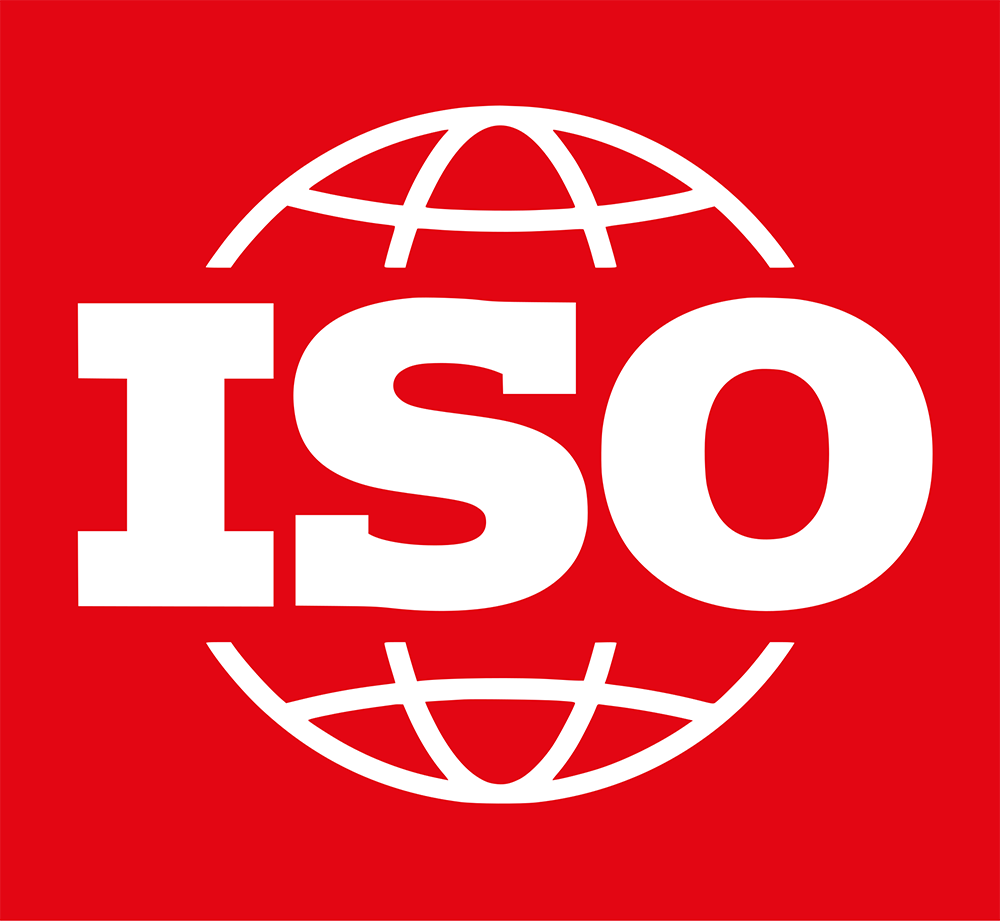





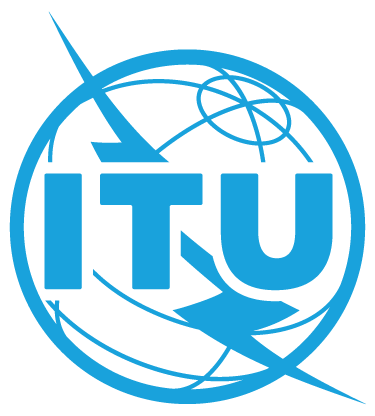
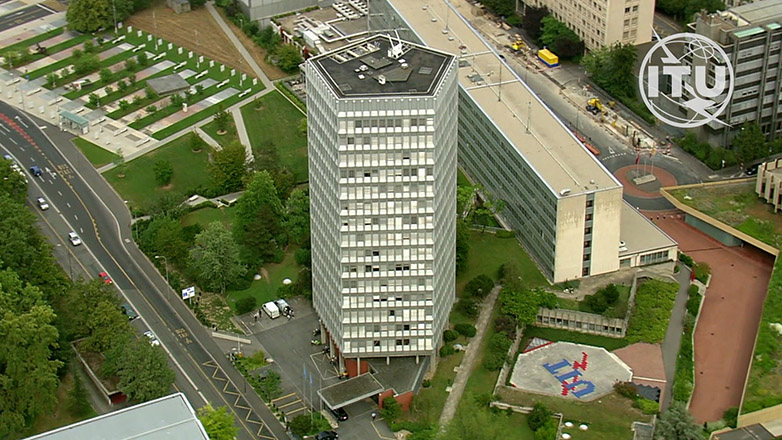
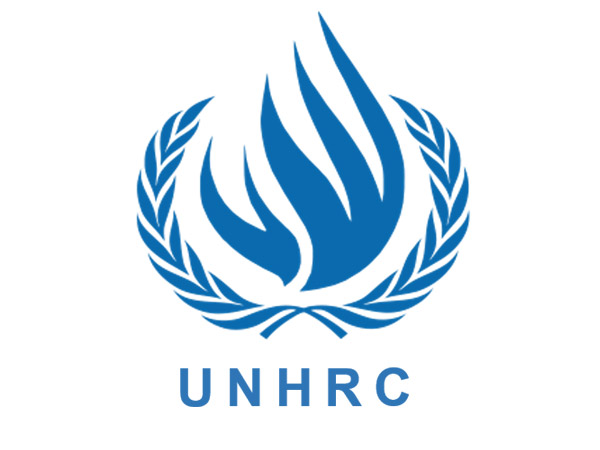
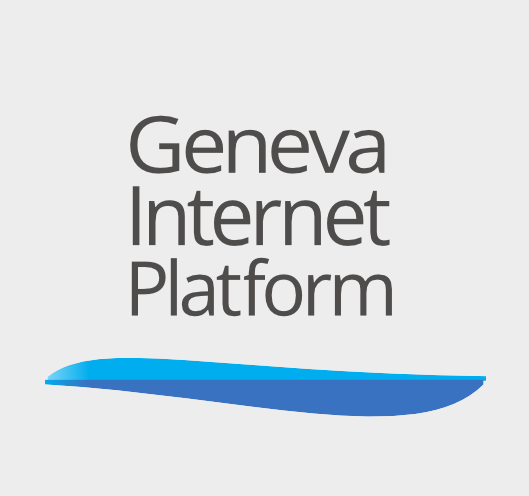

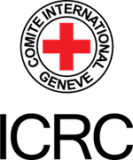
Social media channels
Facebook @isostandards
Instagram @isostandards
LinkedIn @isostandards
X @isostandards
YouTube @iso